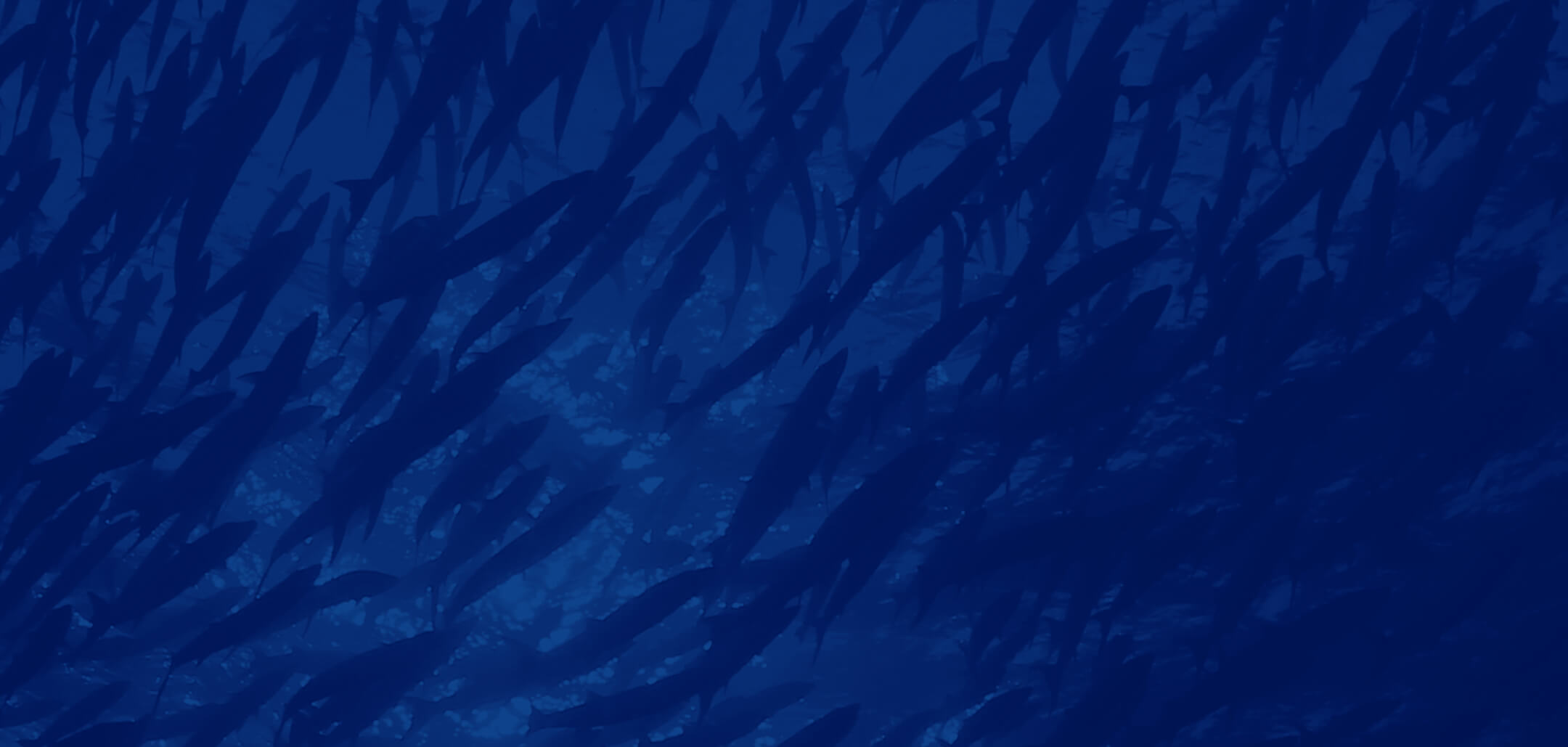Please note: The shark-research expedition aboard the M/V OCEARCH that was scheduled to launch this month in the Gulf of Mexico with a Mote Marine Laboratory scientist on board has been postponed because of bad weather. We will provide more information when the expedition resumes in early November.
A major shark-research expedition aboard the internationally known M/V OCEARCH is launching this month in the Gulf of Mexico, with a Mote Marine Laboratory scientist on board to collect and study shark blood samples in a team effort to gather previously unattainable data on these important top predators.
During the October expedition, which has its first shark-fishing day on Oct. 15, scientists from many institutions plan to tag, sample and release hammerhead, tiger and mako sharks. Participants hope to better understand: how the sharks travel in relation to Gulf habitats and structures, including natural and artificial reefs and oil/gas platforms; how shark habitats connect among the U.S., Mexico and Cuba — important information for international conservation efforts; and what physiology and health traits the sharks show, especially related to stress, body condition at release and capacity to reproduce.
Mote scientists have partnered in multiple expeditions led by OCEARCH, a nonprofit dedicated to gathering scientific data for tracking (telemetry) and biological studies of keystone marine species such as great white sharks.
This expedition’s leading scientific partners hail from Texas A&M University, and contributing scientists hail from Mote, University of South Alabama & Dauphin Island Sea Lab, University of North Florida and the National Institute of Polar Research in Japan. The ship M/V OCEARCH, which will be their at-sea laboratory, has a 75,000-pound-capacity hydraulic platform designed to safely lift mature sharks out of the ocean. This allows multi-disciplinary research teams to work with the sharks and then return them to sea.
Sharks play important roles as top predators that help preserve the balance of ocean ecosystems, but they face pressures such as overfishing and habitat loss, and much more research is needed to fully understand threats to their populations and to inform fisheries management.
Mote Postdoctoral Research Fellow Dr. Heather Marshall will collect shark blood samples for projects by multiple researchers on board, including her own research on stress in caught-and-released sharks.
While it is often assumed that many sharks survive release, it is critical to understand how often they really do, and how survival rates vary with different circumstances and species. Such data are vital for management of sharks vulnerable to being overfished and/or becoming accidental bycatch.
- Marshall’s work is shedding light on these tough questions. For example, her 2015 peer-reviewed paper in Fisheries Research examined captures stress in dusky and sandbar sharks — prohibited species at risk for bycatch. Results showed that duskys were much likelier to die when caught and released from a longline than the hardier sandbars, and survival chances decreased for both species with more time fighting on the line. The abstract is here and the paper is available upon request from Mote. Contact Hayley at hrutger@mote.org.
During the OCEARCH expedition, Marshall looks forward to studying stress indicators in the blood of hammerhead, tiger and mako sharks.
“We could see a variety of stress responses in these different shark species, and we’ll be enriching our data to better understand what’s going on with their physiology when they are captured,” Marshall said. “We already know that hammerheads tend to be more sensitive and tiger sharks tend to be hardier. Mako sharks are really interesting, because they tend to show high levels of stress markers in their blood, but it’s possibly because they are higher-performance animals in general. The important thing is that every shark species may be different, in terms of stress and survival after release in commercial and recreational fisheries. We need to understand these differences to preserve shark populations.”
Marshall added: “It will be great to sample blood from these sharks for multiple members of the expedition team, because there will be several studies going on with samples from the same animals — that is really valuable.”
Prior to release, sharks will be tagged with satellite transmitters, allowing scientists to monitor their travels and the public to follow along via OCEARCH’s global shark tracker at www.ocearch.org.
Mote Marine Laboratory is an independent, nonprofit marine science institution dedicated to today’s research for tomorrow’s oceans. Mote has 25 diverse research programs that work in oceans around all seven continents, and it has the only Center for Shark Research designated by U.S. Congress.
Stay tuned:
- Media: Mote will share updates, particularly from the perspective of Dr. Heather Marshall’s research, in Newsday@Mote, our Tuesday eblast for Florida media. If you are not already on our list to receive this eblast and want to be added, please contact Hayley at hrutger@mote.org.
- Media contact for OCEARCH: Ami Meite, ameite@ocearch.org, 435-890-8958 (cell)
- Public: Mote’s Facebook (www.facebook.com/motemarinelab) and Twitter (www.twitter.com/motemarinelab) will share and re-tweet updates from Marshall during the expedition. Follow our pages.
OCEARCH tag for this expedition: #ExpeditionGoMex
Mote’s tag: #MoteMarineLab

